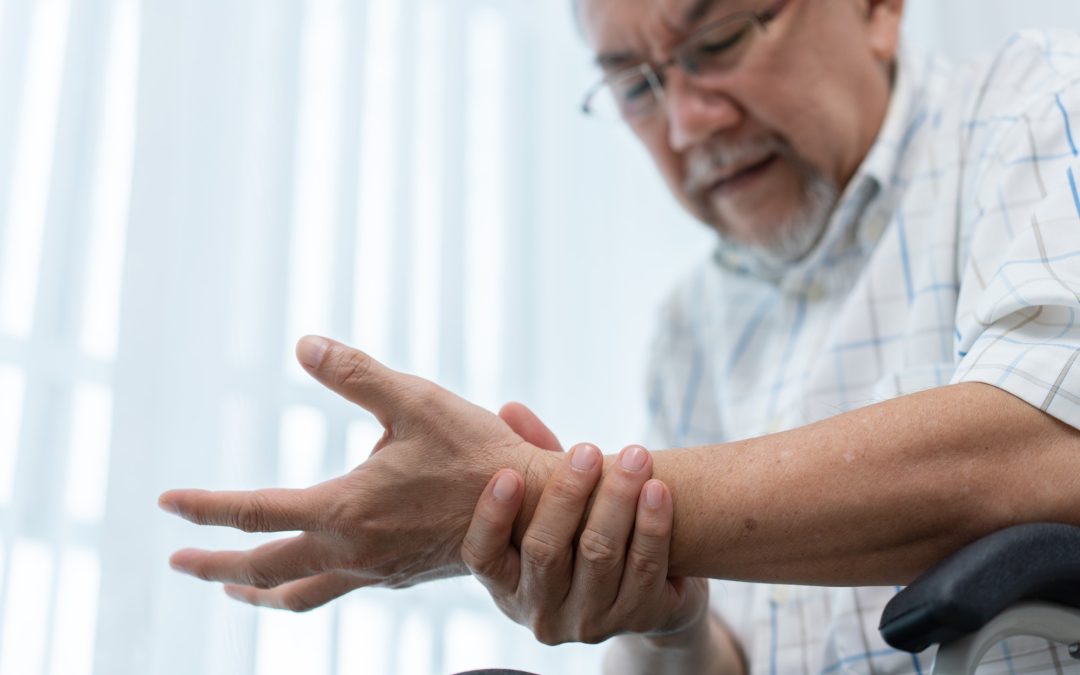Carpal tunnel syndrome is a common condition that causes pain, numbness, and tingling in the hand and fingers. It’s caused by pressure on the median nerve, which runs from the forearm into the palm of the hand. People often believe that carpal tunnel is caused by typing too much, but this is a myth. In fact, the cause of carpal tunnel is often unknown.
In this article, we’ll debunk some of the most common myths about carpal tunnel syndrome and provide information on how to protect your wrist. Read on to learn more.
Myth #1: Typing Too Much Causes Carpal Tunnel Syndrome
This is a common misconception about carpal tunnel syndrome. While it’s true that overuse or repetitive movements can make carpal tunnel symptoms worse, it is not the cause of the condition. In fact, the cause is often unknown. Other factors that can increase your risk of having carpal tunnel syndrome include a prior injury, an underlying medical condition, or age.
The best way to protect your wrist from carpal tunnel syndrome is to take frequent breaks from typing, as well as stretching and strengthening exercises. Using ergonomic tools, such as a split keyboard, can also help to reduce strain on your wrist and fingers.
Myth #2: Carpal Tunnel Syndrome Can Be Cured with Home Remedies
Many people believe that carpal tunnel syndrome can be cured with home remedies, such as using wrist braces or taking over-the-counter medications. While these remedies may provide some temporary relief, they cannot cure carpal tunnel syndrome. The only way to cure carpal tunnel syndrome is to seek medical treatment.
Treatment options include physical therapy, corticosteroid injections, and even surgery. Depending on the severity of the condition and the patient’s symptoms, a doctor may recommend one or more of these treatments. It’s important to speak to your doctor about the best treatment option for you.
Myth #3: Carpal Tunnel Syndrome Only Affects the Wrist
Carpal tunnel syndrome can cause pain and numbness in the hand and fingers, but it can also affect other parts of the body. For example, people with carpal tunnel syndrome may experience neck pain, shoulder pain, and even headaches. Additionally, carpal tunnel syndrome can cause fatigue and difficulty sleeping.
If you’re experiencing any of these symptoms, it’s important to speak to your doctor. They may recommend treatment options to help reduce your symptoms and improve your overall quality of life.
Myth #4: Carpal Tunnel Syndrome Is Just a Minor Annoyance
Carpal tunnel syndrome can be a very serious condition if not treated properly. The pain, numbness, and tingling can be debilitating, and can interfere with day-to-day activities. Additionally, if left untreated, carpal tunnel syndrome can lead to permanent nerve damage and loss of muscle strength.
If you’re experiencing any of the symptoms of carpal tunnel syndrome, it’s important to seek medical advice as soon as possible. Early diagnosis and treatment can help to reduce your symptoms and prevent further damage.
Protect Your Wrist and Reduce Your Risk of Carpal Tunnel Syndrome
Carpal tunnel syndrome is a common condition that can cause pain, numbness, and tingling in the hand and fingers. While the cause is often unknown, there are steps you can take to reduce your risk. These include taking frequent breaks from typing and using ergonomic tools, such as split keyboards.
It’s also important to be aware of the common myths about carpal tunnel syndrome. For example, typing too much does not cause carpal tunnel syndrome, and it cannot be cured with home remedies. Additionally, carpal tunnel can affect other parts of the body, and it can be a very serious condition if left untreated. If you’re experiencing any of the symptoms of carpal tunnel syndrome, it’s important to seek medical advice as soon as possible.
If you’d like to learn more about carpal tunnel syndrome and how to protect your wrist, Eastside Ideal Health can help. Our experienced team of physical therapists can help to diagnose and treat carpal tunnel syndrome, as well as provide tips to help you prevent further injury.


Recent Comments